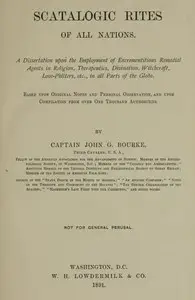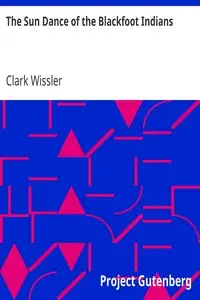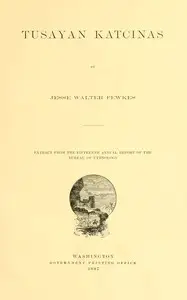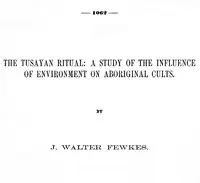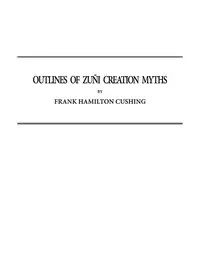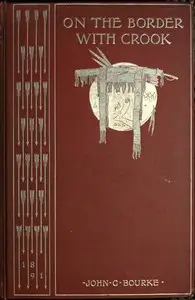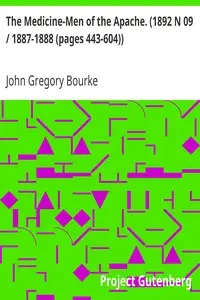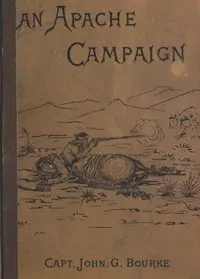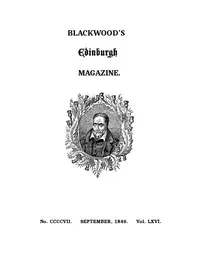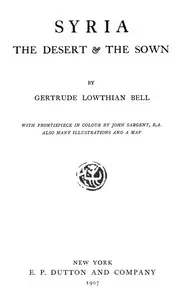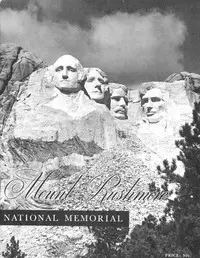"The Urine Dance of the Zuni Indians of New Mexico" by John Gregory Bourke is a study that examines a strange practice among the Zuni people. The book, recounts a specific Zuni dance involving the drinking of human urine as part of the ritual. An army captain, Bourke, offers his own story of seeing this ritual, showing how it fits into the Zuni community's history and culture. Bourke saw performers acting out a show that made fun of Catholic religious ways with jokes and rude actions, including the drinking of urine in front of people. The dance seems to have been a way to test toughness and remember times when the Zuni faced hunger and hardship. Bourke tries to explain the ritual by connecting it to ideas about survival and the mix of religion and medicine in indigenous cultures. The book gives a clear but disturbing picture of a specific cultural custom, offering insight into the complicated ceremonial life of the Zuni.
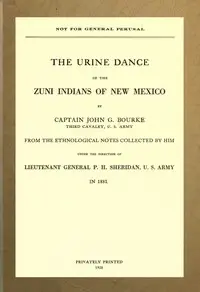
The urine dance of the Zuni Indians of New Mexico
By John Gregory Bourke
Witness a shocking ritual where performers mock religion and test their limits by consuming urine, revealing a past marked by struggle and resilience.
Genres
Released
2022-07-14
Formats
epub
mobi
epub (images)
epub3 (images)
mobi (images)
txt
Free Download
Summary
About the AuthorJohn Gregory Bourke was a captain in the United States Army and a prolific diarist and Reconstruction Era author; he wrote several books about the American Old West, including ethnologies of its indigenous peoples. He was awarded the Medal of Honor for his actions while a cavalryman in the Union Army during the American Civil War. Based on his service during the war, his commander nominated him to West Point, where he graduated in 1869, leading to service as an Army officer until his death.
John Gregory Bourke was a captain in the United States Army and a prolific diarist and Reconstruction Era author; he wrote several books about the American Old West, including ethnologies of its indigenous peoples. He was awarded the Medal of Honor for his actions while a cavalryman in the Union Army during the American Civil War. Based on his service during the war, his commander nominated him to West Point, where he graduated in 1869, leading to service as an Army officer until his death.
Total Reviews
10.0k
Total reviews from Goodreads may change

